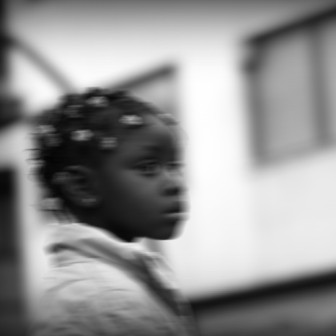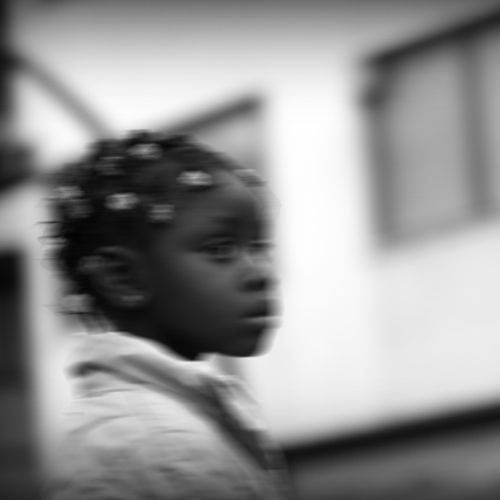
eva.pébar / Flikr
Most young people placed in detention have experienced at least one traumatic event in their lifetime, according to a new report from the federal Office of Juvenile Justice and Delinquency Prevention (OJJDP).
“PTSD, Trauma and Comorbid Psychiatric Disorders in Detained Youth,” released Tuesday, included findings culled from the Northwestern Juvenile Project, which assessed more than 1,800 young detainees in Chicago between 1995 and 1998. According to the latest OJJDP bulletin, of the final sample of nearly 900 subjects, 93 percent reported prior exposure to trauma, and approximately 84 percent reported experiencing more than one traumatic event. More than half of respondents reported experiencing traumatic events six times or more, according to the bulletin.
In total, 11 percent of the young people met criteria for post traumatic stress disorder (PTSD). According to the report, males (at 93.2 percent) were much likelier than female detainees (at 84 percent) to report they had experienced traumatic events.
Older detainees, those 14 to 18 years old, were more likely to report trauma than detainees ages 10 to 13. Nearly 70 percent of respondents reported witnessing violence.
Nine out of 10 subjects with PTSD also had other psychiatric disorders. “Males and females with PTSD were between 2 and 3.7 times more likely to have any substance use disorder, alcohol use disorder, and both alcohol and drug use disorders than did males and females without PTSD,” the OJJDP said.
Researchers said the prevalence of PTSD in the sample is higher than the lifetime estimates from other community samples, which are generally between 3.5 and 9.2 percent.
Almost 80 percent of male respondents, and nearly half of all female respondents, said they were once threatened with a weapon. In addition, 53.5 percent of male subjects reported a situation in which they thought they or someone they were close with was “going to be badly hurt or die.” About 49 percent of female subjects reported similar experiences.
The authors of the report said the number of young people with psychiatric disorders in the juvenile justice system is alarming.
“Youth with PTSD and comorbid disorders have significantly more behavioral health problems and more impaired interpersonal relationships than those with PTSD and no comorbid disorders,” the bulletin said.
